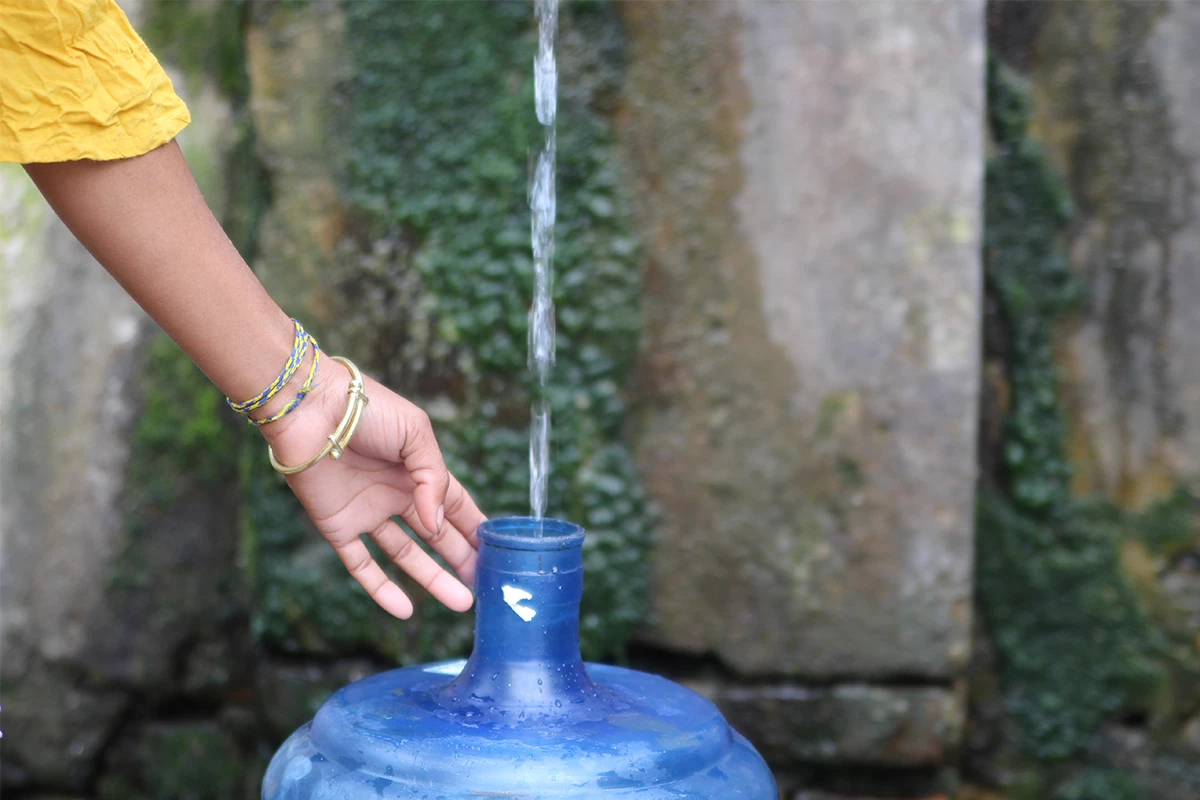
Partner Article
The 2030 Sustainable Development Collective Fund: Accelerating Socio-Economic Impact
A 2020 article in The Guardian asks us an important question – “why is philanthropy, rather than making the world a better place, reinforcing the world as it is?” Come 2023, the question becomes more relevant as the world collectively reels from a global pandemic, uncertainties of climate change, and the impact of the Russia-Ukraine war. It begs us to rethink and resituate philanthropy, and further explore how we can apply the concepts of conscious capitalism to make the world a better place.
The above conundrum, where inequalities continue to increase despite a significant boost in philanthropy capital, allows us space to reconsider the ways the world’s wealthy have been approaching philanthropy. Roz Lee, vice president of philanthropy at the Equality Fund makes an important observation here, “Money itself is only half the answer. Philanthropy must also change how it gives away”. It calls for philanthropists to not only invest money, but also to be involved in the impact their money is fuelling. One way of measuring impact is to ascertain the socio-economic impact return on the projects they are investing in. Of course, while socio-economic returns are tangible returns, development projects in the developing world also offer intangible humanitarian effect, which cannot be discounted.
Some of the 21st century’s immediate and most pressing issues are poverty, climate change and public health. According to the World Bank, almost 700 million people around the world live today in extreme poverty. They subsist on less than $2.15 per day, the extreme poverty line, making reduction in poverty the number one Sustainable Development Goal of the United Nations. Similarly, climate change is the largest, most pervasive threat to the natural environment and societies, and the threatens the livelihoods of the same population living in poverty the most. Lastly, public health problems exacerbated by poverty has one of the biggest socio-economic costs on society. These are some of the key areas’ philanthropy can focus through conscious capitalism to help decrease global inequalities while making a multi-fold impact with their investments.
Conscious capitalism is an approach to business that seeks to align profit-making activities with a greater sense of purpose and social responsibility. Evidence has shown that adopting such approaches, in many instances has increased brand popularity, and ensured long term sustainability of the companies. Such positive outcomes on brand perception and long-term health of the business has encouraged more businesses to adopt environment, social and governance (ESG) in their company values. Therefore, companies are actively looking to increase their social presence – and are investing in the betterment and advancement of society.
However, for many organisations and philanthropists, it is difficult for them to find the best humanitarian projects, especially if they wish to make an impact on a global scale. Making a sincere impact on a global scale requires development specialists, multi-governmental cooperation, partners working at grassroots level on humanitarian projects, and other human and infrastructure resources. Thus comes the 2030 Sustainable Development Collective Fund (SDCF).
The 2030 Sustainable Development Collective Fund is a response to such change in the philanthropy world and aims to turn wealth into worth through increased investments in high socio-economic projects in the developing world. It is a response to the change the philanthropy world is demanding. The projects outlined in the 2030 Sustainable Development Collective Fund address the globe’s most pressing issues – poverty, climate change, and public health. Through its strategic objectives, it will also aim to achieve other interlinked Sustainable Development Goals such as gender equality, decent work and economic growth, and reduced inequalities. By aligning itself with the United Nations 2030 Sustainable Development Goals, the 2030 Sustainable Development Collective Fund aims to accelerate progress in achieving the goals through increased partnerships and collaborations.
The 2030 Sustainable Development Collective Fund accelerates under-funded, little-known, and unsupported sustainable development projects in the remote and low-income communities of the developing world. In three years, the 2030 Sustainable Development Collective Fund aims to cure 60,000 people of needless blindness, screen 240,000 pregnant women, support the rehabilitation of 6,000 victims of trafficking, and support 75,000 farmers impacted by climate change. Through its projects, it aims to achieve at least 10x socio-economic return from each dollar invested.
This was posted in Bdaily's Members' News section by Jane Wang .








 Navigating the messy middle of business growth
Navigating the messy middle of business growth
 We must make it easier to hire young people
We must make it easier to hire young people
 Why community-based care is key to NHS' future
Why community-based care is key to NHS' future
 Culture, confidence and creativity in the North East
Culture, confidence and creativity in the North East
 Putting in the groundwork to boost skills
Putting in the groundwork to boost skills
 £100,000 milestone drives forward STEM work
£100,000 milestone drives forward STEM work
 Restoring confidence for the economic road ahead
Restoring confidence for the economic road ahead
 Ready to scale? Buy-and-build offers opportunity
Ready to scale? Buy-and-build offers opportunity
 When will our regional economy grow?
When will our regional economy grow?
 Creating a thriving North East construction sector
Creating a thriving North East construction sector
 Why investors are still backing the North East
Why investors are still backing the North East
 Time to stop risking Britain’s family businesses
Time to stop risking Britain’s family businesses